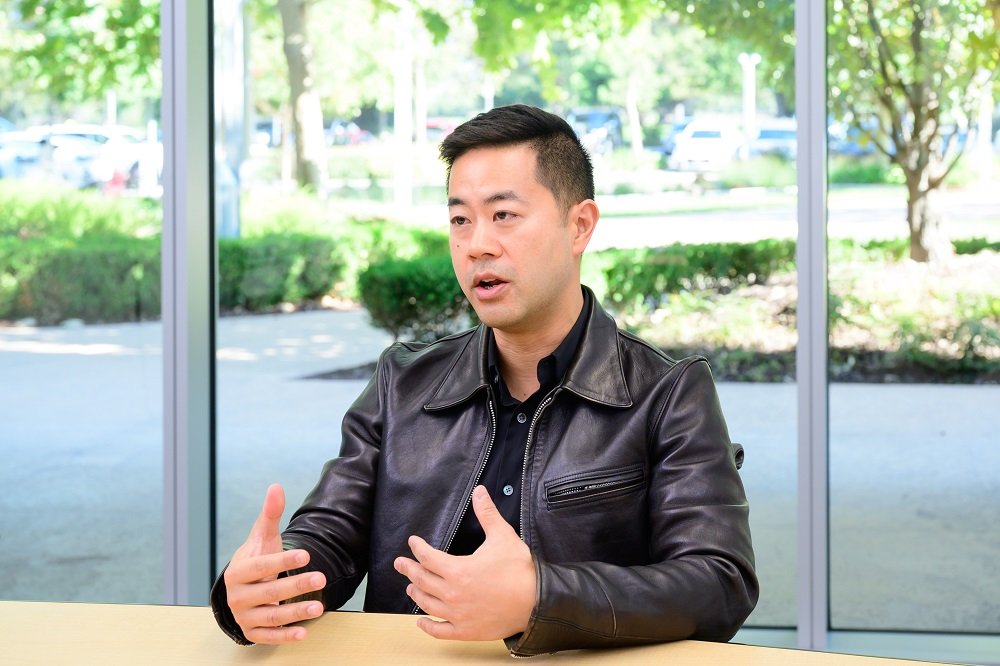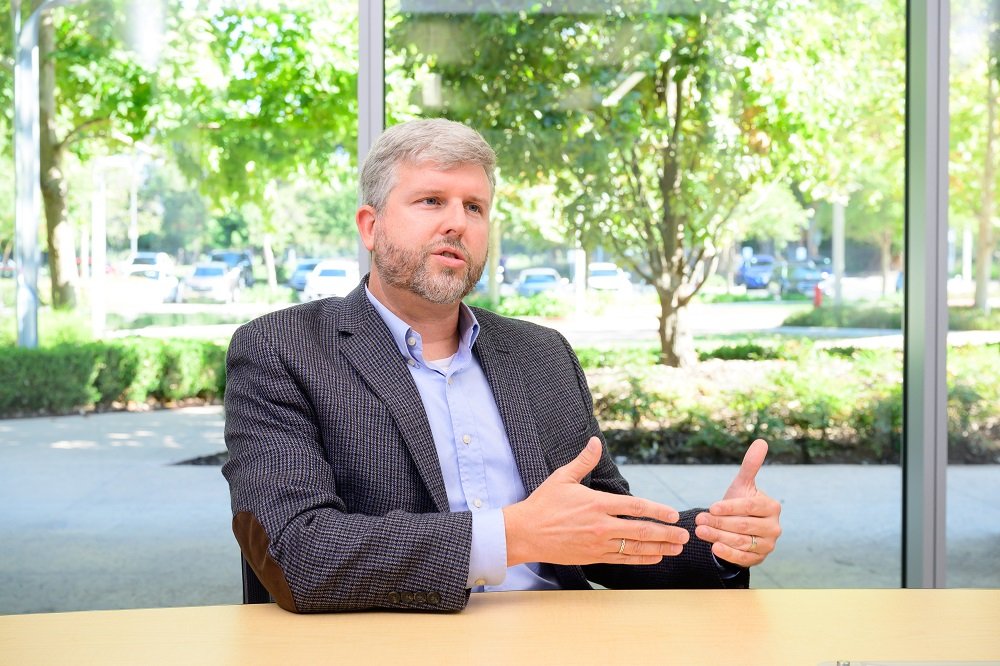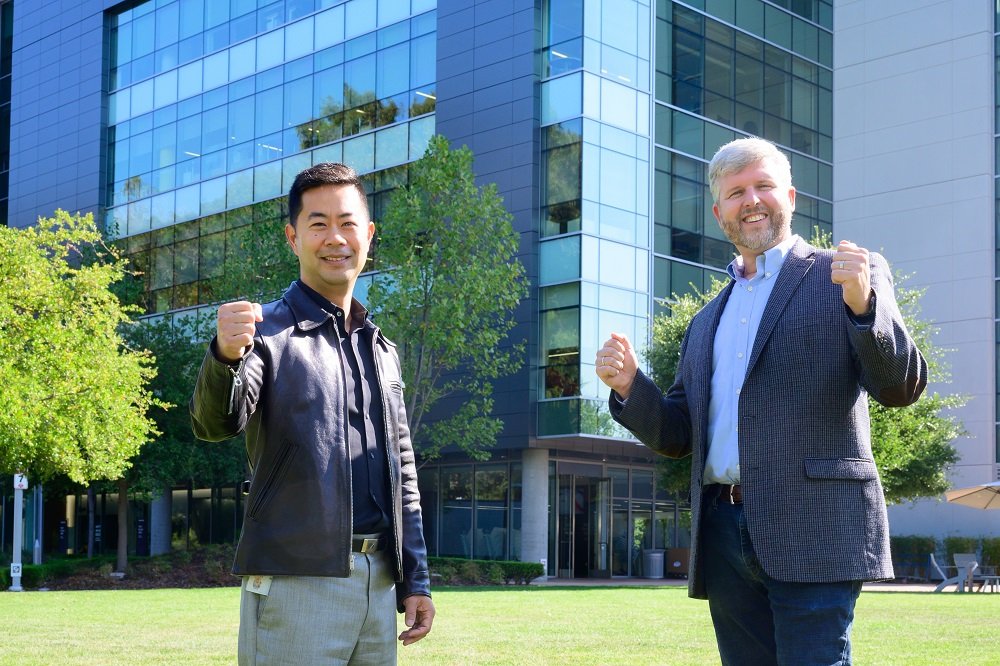Over the past few years, we’ve entered a new era of wellness. Individuals desire more knowledge in order to have a more holistic understanding of their health. Ensuring everyone has access to the tools they need to improve their health is crucial and gives individuals the opportunity to create the best version of themselves.
The Samsung HeartWise1 home-based cardiac rehabilitation project represents one solution in this challenge. A collaboration between Samsung Research2 America, Samsung Electronics America and health care organization Kaiser Permanente, the HeartWise program pioneered a home-based alternative to traditional, healthcare center-based cardiac rehabilitation assisted by Samsung wearable devices. This year the Journal of the American Medical Association, a leading peer-reviewed medical journal, published an article3 showing that the HeartWise program yielded results that not only matched the effectiveness of center-based approaches but actually surpassed them.
To explore the impact that programs like HeartWise could exercise on modern health care systems, Samsung Newsroom has met with Ricky Y. Choi and Matthew Wiggins at the Samsung Research America campus in Mountain View, California. Choi is the Head of Digital Health at Samsung Electronics America and a clinical professor at Stanford, and Wiggins is the Head of Samsung Research America’s Health Solutions Lab.

▲ (From left) Matthew Wiggins, Head of Samsung Research America’s Health Solutions Lab and Ricky Y. Choi, Head of Digital Health at Samsung Electronics America
Q: Before we get into the details of the study results, can you give us some idea of how this home-based cardiac rehabilitation model is different from traditional models? And how does it work in step with established systems?
[Ricky Y. Choi] At Samsung, we believe our role is to technologically enable a standard of care without necessarily being the direct primary care provider. So, we are adding another tool for health care providers to use. It is a tool that allows patients to participate in care from their homes, in a high-engagement and comfortable manner that doesn’t bypass the health care system but adds scalability to the number of patients that care can be delivered to.
In practice, patients do the program from home and then check in with their care manager. Our goal is to find the technology layer that can enable patients to do certain things on their own, at home, with periodic check-ins with their case manager.

Q: The study showed that the at-home recovery patients4 had an 18.2% improvement in readmissions in the 12 months following recovery. The Samsung HeartWise program has shown that cardiac recovery can, with the right support, be more effective using this home-based model than in the rehab centers you mentioned. Can you put the significance of this discovery in context for readers?
[Choi] The study confirms the idea that patients, with the right support, are more successful at following through with cardiac rehabilitation within the comfort of their home. Furthermore, that success bears out in traditional health care outcome measures like an associated decline in readmission rate, which is one of the most important health and economic outcome measures and indicators of health care quality. It is extremely meaningful that this is the case across diverse populations.
[Matthew Wiggins] Another significant thing about the study is that it proves this can work. Previously people have said, “This sounds great, but there needs to be evidence that problems will not occur down the line. It needs to be studied and proven.” However, now we are starting to see that this method comes out well compared to traditional models. In fact, in this case it came out better.

Q: A previous study in the New England Journal of Medicine also showed positive results for home-based programs for cardiac recovery. What were your expectations going into the study?
[Wiggins] Kaiser Permanente’s patients in the program were doing very well and were very happy. All the information that we had pointed to this program, pairing Kaiser Permanente’s clinical workflows with Samsung’s wearable technology, would help those in the home-based cardiac rehab program just as much as those in the center-based programs. We were happy to see that the study proved what we had believed all along.
[Choi] We were all pleased by the results. The standard of care is clear: Patients with certain cardiac conditions and procedures should go through a cardiac rehabilitation program. However, very few do. Part of the reason is that for many of these patients, it can be difficult to get to a center-based program. Many center-based programs have physical and staffing capacity constraints. A highly engaging program that patients can undergo at home resolves those problems. So patients can focus more on their health.
Q: This study involved the use of Galaxy smartwatches including features which are available commercially on the latest line of Galaxy smartwatches. What role did these devices play in the research and which features are used in the process?
[Choi] Our home-based program is based on a digital solution that includes a Samsung smartwatch, a smartwatch app and an app that patients download to their personal phone. The smartwatches collect biosensor data, guide patients on activities and collect key patient-entered information or patient-reported outcomes.
[Wiggins] The Samsung smartwatches used in the program provide step count, heart rate and exercise duration feedback to the user to facilitate appropriate exertion level and duration for their rehabilitation program assignment. They also allow patients to report how they felt during their exercise session. It then provides this information to their care team to keep them on track during periodic check-ins.
Another benefit of home-based cardiac rehabilitation is the convenience for the patient, and the smartwatches play a big role in that convenience. Patients can perform their exercise sessions on their own schedule at the location of their choosing with a Samsung smartwatch on their wrist, instead of at a facility that needs to be scheduled and traveled to, sometimes over great distance. This leads to greater participation and rehab compliance.
Q: The HeartWise program tracked the recovery of over 13,000 patients. This study alone has seen participation from over 2,500 people. From a research perspective, what are the benefits of such a large number of participants?
[Wiggins] The large sample size lends further confidence to the results, but in my opinion, the sample’s inclusion of higher risk cardiac patients than were involved in previous studies is important as well. In addition, the diversity of the subject pool is encouraging as it represents a broader demographic sample of the U.S. population and the situations that the program will need to operate under to be successful at a national level.

Q: Ricky, you are a medical doctor who works in business strategy, and Matthew, you are the Head of Samsung’s Health Solutions Lab. What was it like to bring your respective areas of interest and expertise to this project?
[Choi] I am a clinical professor at Stanford and a practicing doctor with nearly 15 years of practice experience. I came to Samsung because I wanted to move the needle in health through innovative solutions at scale. HeartWise is a great example of what the power of Samsung innovation could do in health. It has been a privilege to work with such bright and mission-minded colleagues in research and development.
[Wiggins] Bridging the gap between what wearable technology can do and how it can be integrated into real-world clinical workflows is a critical piece of enabling the future of digital health. It is my honor to be a part of this innovative and collaborative partnership that is successfully working through all these challenges.
1 Samsung HeartWise is intended to track or encourage general health, healthy activity and health choices, which, as part of a healthy lifestyle, may help improve the lives of those living with certain chronic diseases or conditions. Samsung HeartWise is not a medical application and as such is not intended for use in the diagnosis of acute or chronic disease or other conditions, or in the cure, mitigation, treatment, or prevention of acute or chronic disease or other conditions. You should seek medical advice from a physician before starting any new lifestyle or fitness regimen. Your use of Samsung HeartWise does not constitute medical advice. Samsung HeartWise application is available on the App Store for download, but a username and password provided by Kaiser Permanente when under the care of a physician is required.
2 Samsung Research, acting as Samsung Electronics’ advanced R&D hub, leads the development of future technologies for the company’s Device eXperience (DX) Division.
3 Comparison of Home-Based vs Center-Based Cardiac Rehabilitation in Hospitalization, Medication Adherence and Risk Factor Control Among Patients With Cardiovascular Disease
4 This retrospective cohort study was conducted among patients in Kaiser Permanente Southern California (KPSC), an integrated health care system serving approximately 4.7 million patients, who participated in CR between April 1, 2018 and April 30, 2019, and with follow-up through April 30, 2020. Data were analyzed from January 2021 to January 2022.
This article was first published at Source link . You can check them out for other stuffs
